Need help ?Address: 16 Boulevard Charles Nedelec,
Marseille, 13001 Email: info@acacuss.com Phone: (33) 782 552124
Marseille, 13001 Email: info@acacuss.com Phone: (33) 782 552124
📣 10% off first order: WLKM10 🎁 Click to Collect
✈️ Free Worldwide Shipping 🌎
📦 30 Days easy Returns ↩️
Email: Info@acacuss.com
Managed by: Xceed OÜ
16 Boulevard Charles Nedelec 13001 Marseille 🇫🇷
Visit our Blog
Sign up to get first dibs on new arrivals, sales, exclusive content, events and more!
Free Shipping for all orders of $232.00 USD
You may check out all the available products and buy some in the shop
Return to shop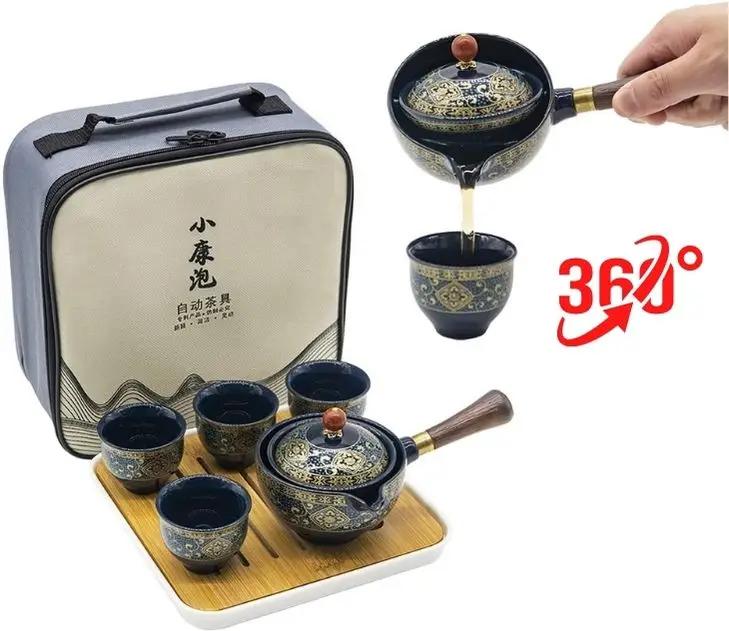 Best Sellers
Best Sellers
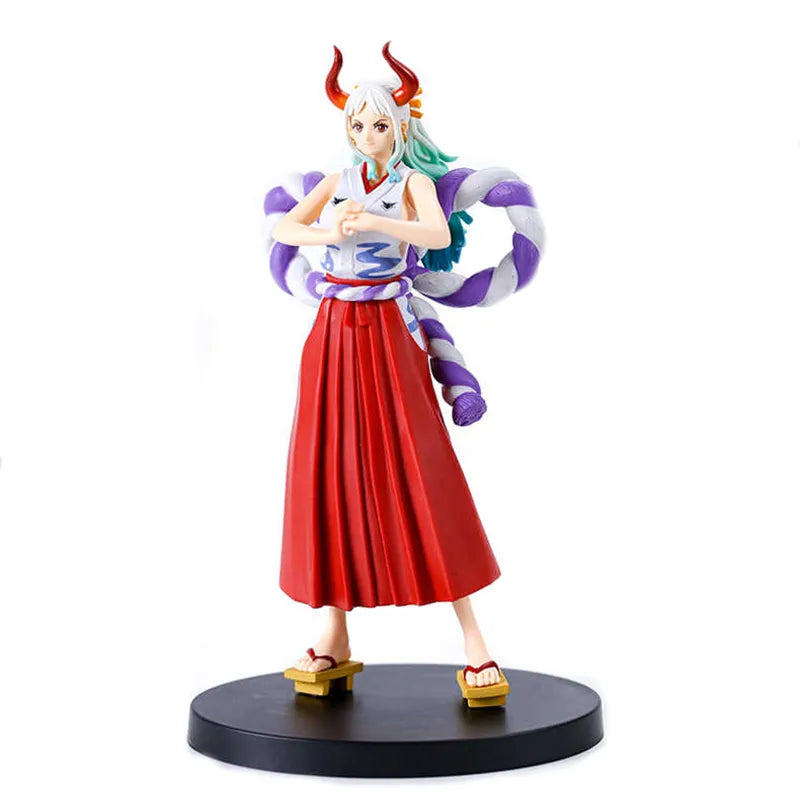 Figurines
Figurines
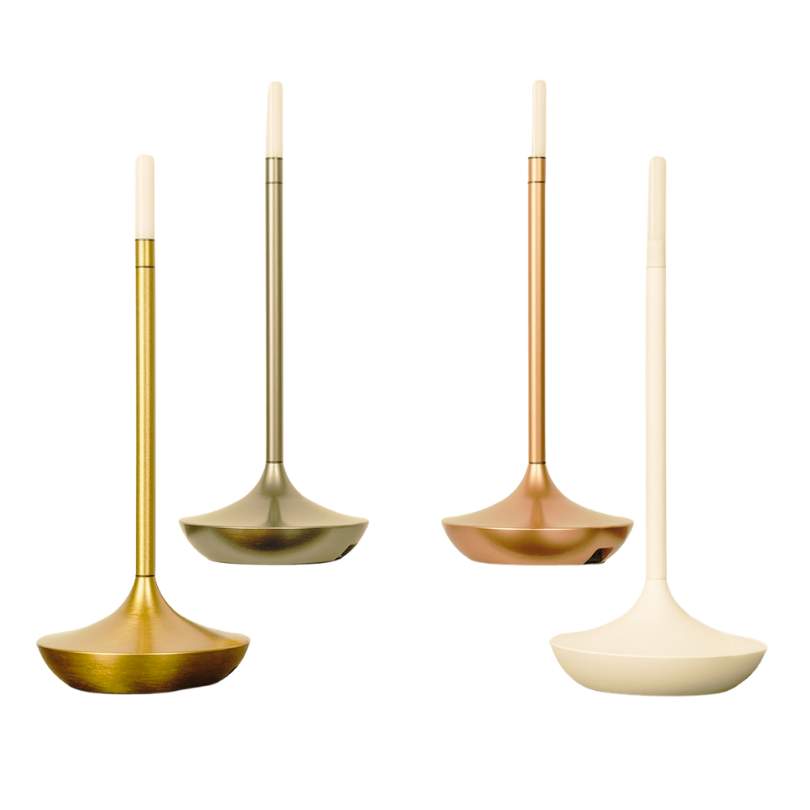 Table Lamps
Table Lamps
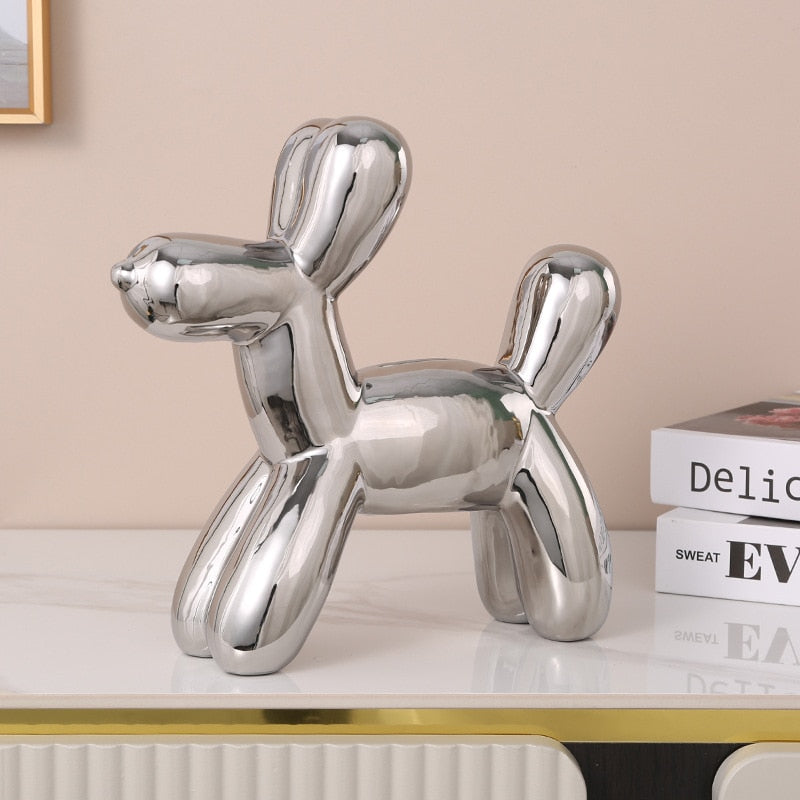 Home Decor
Home Decor
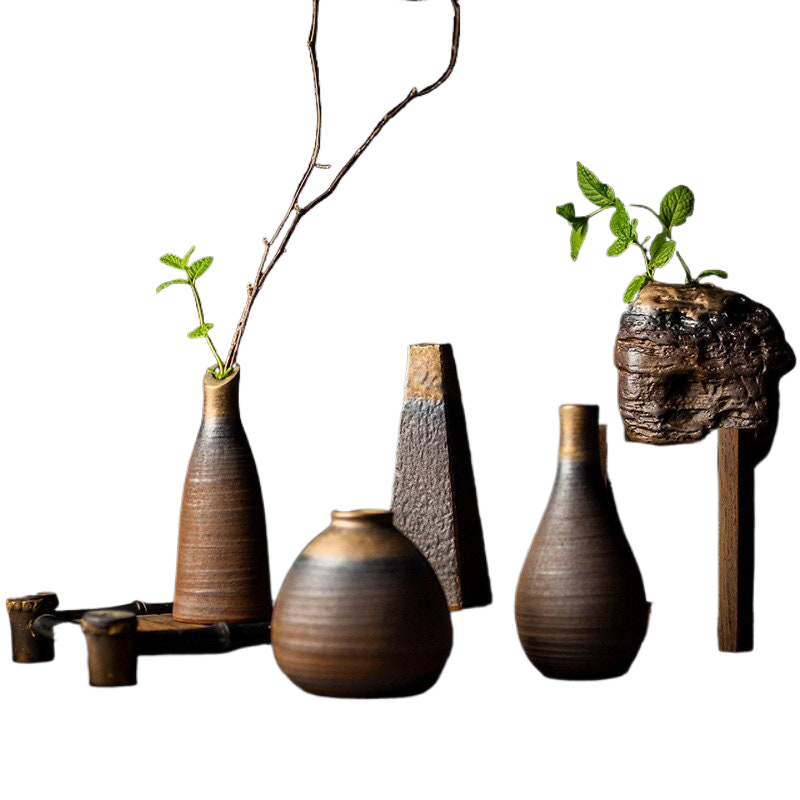 Ceramic Vases
Ceramic Vases
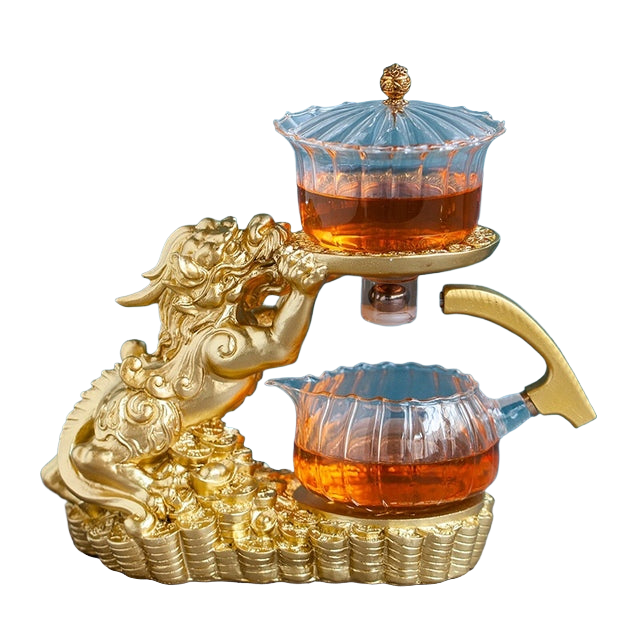 Gongfu Tea Set
Gongfu Tea Set
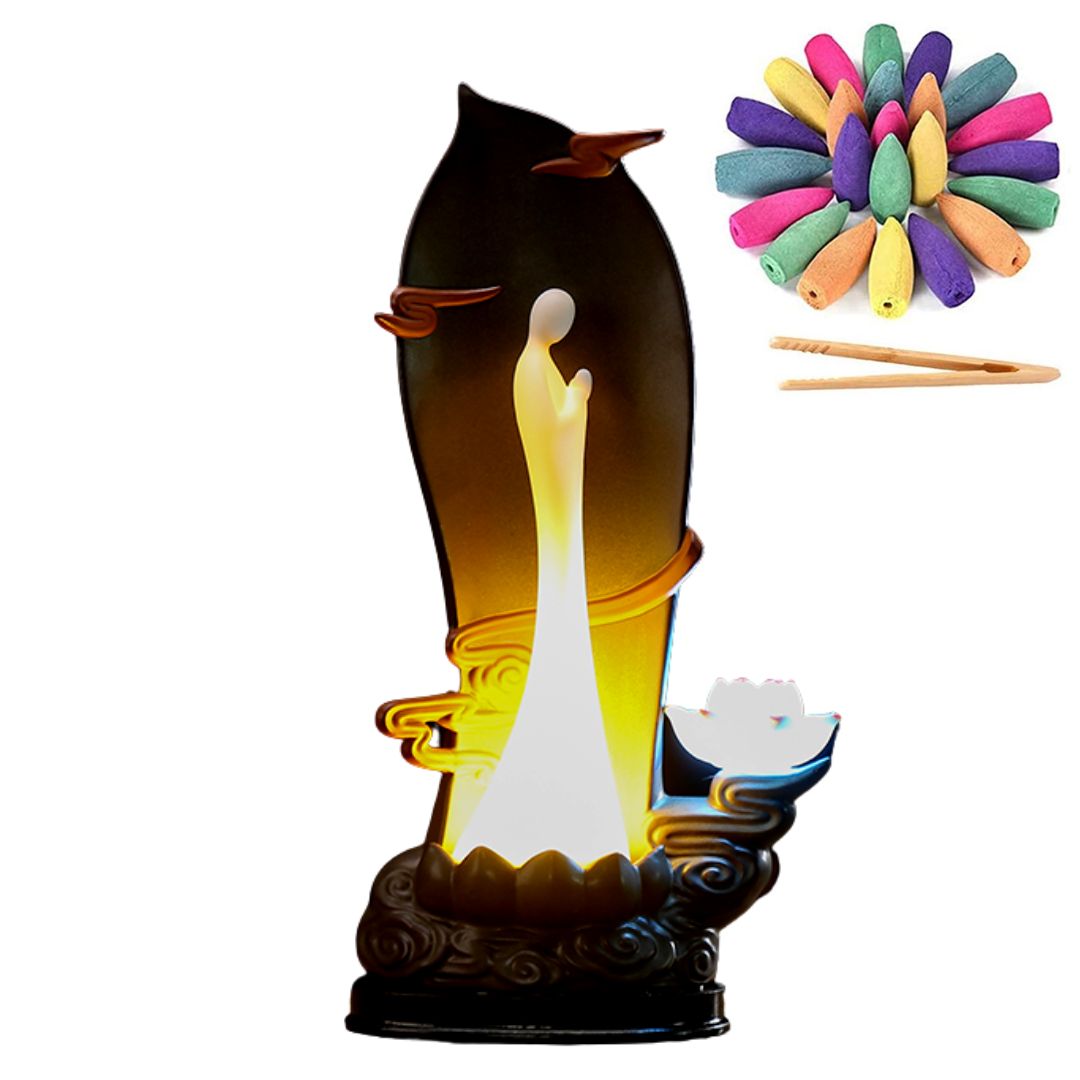 Incense Burner
Incense Burner
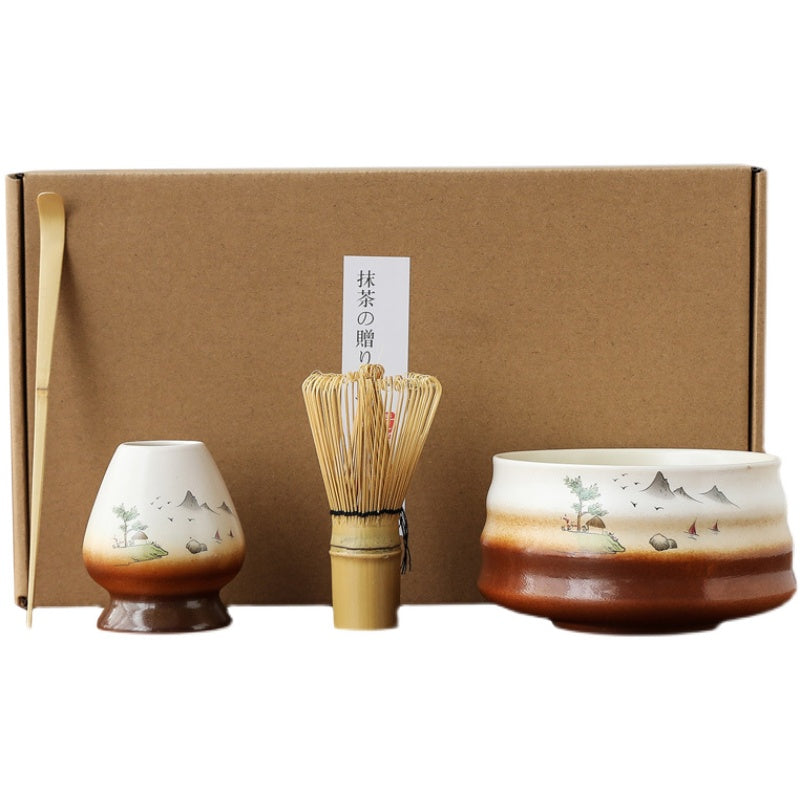 Matcha Set
Matcha Set
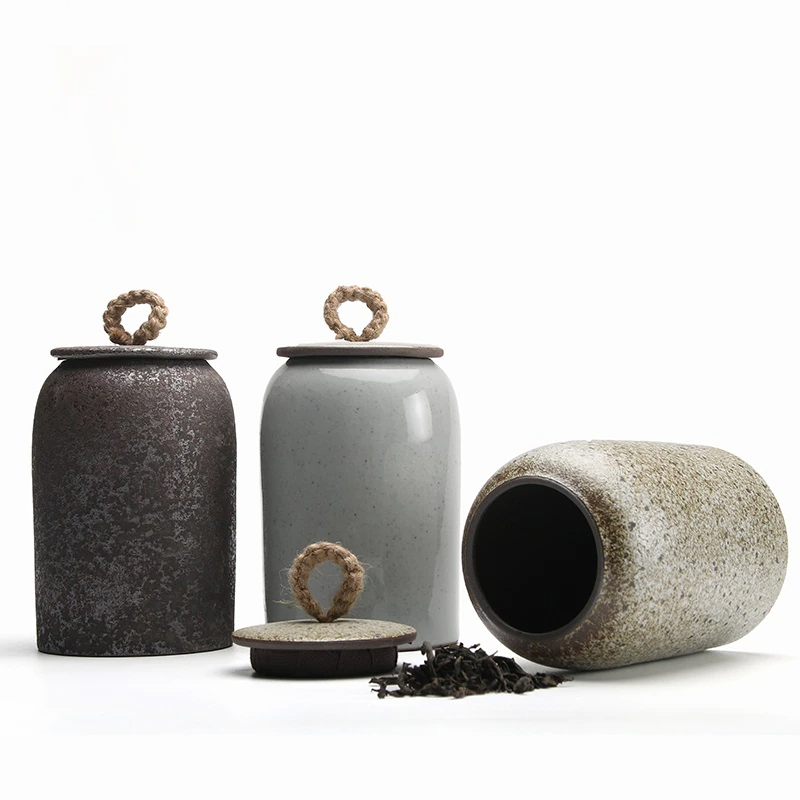 Tea Coffee Sugar Canisters and containers
Tea Coffee Sugar Canisters and containers
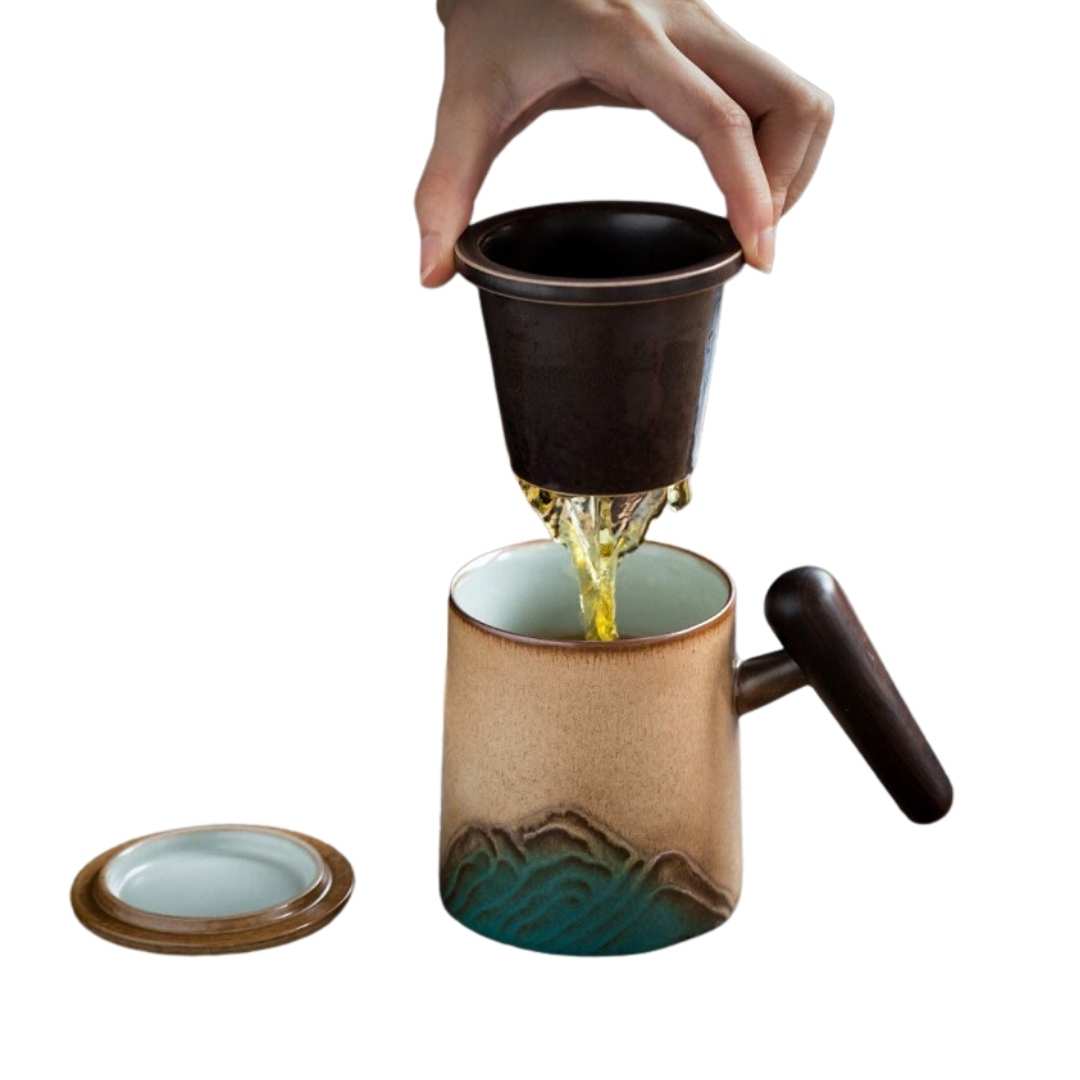 Tea Mug
Tea Mug
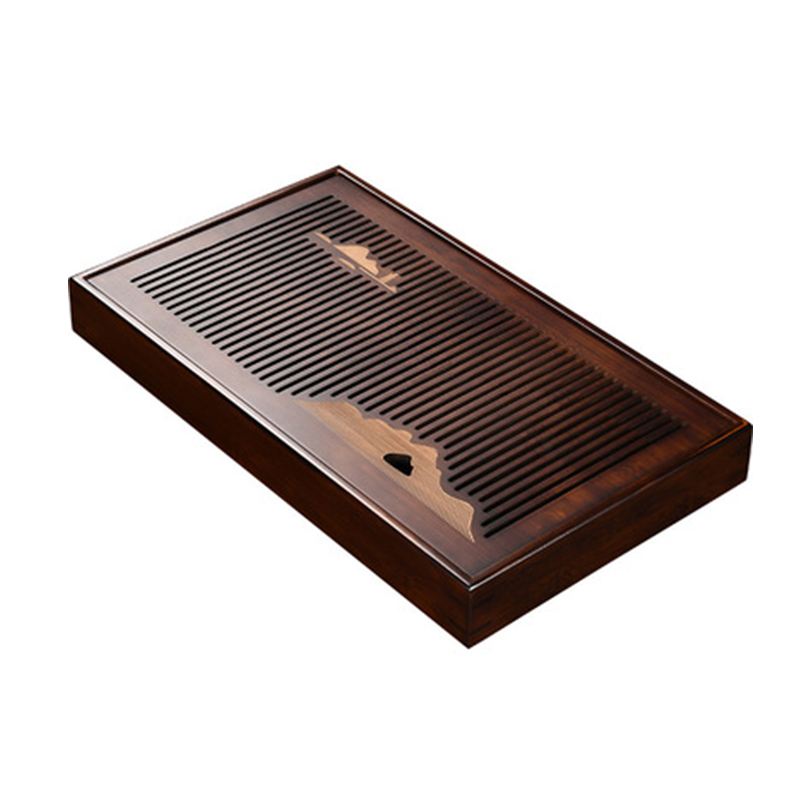 Tea Tray
Tea Tray
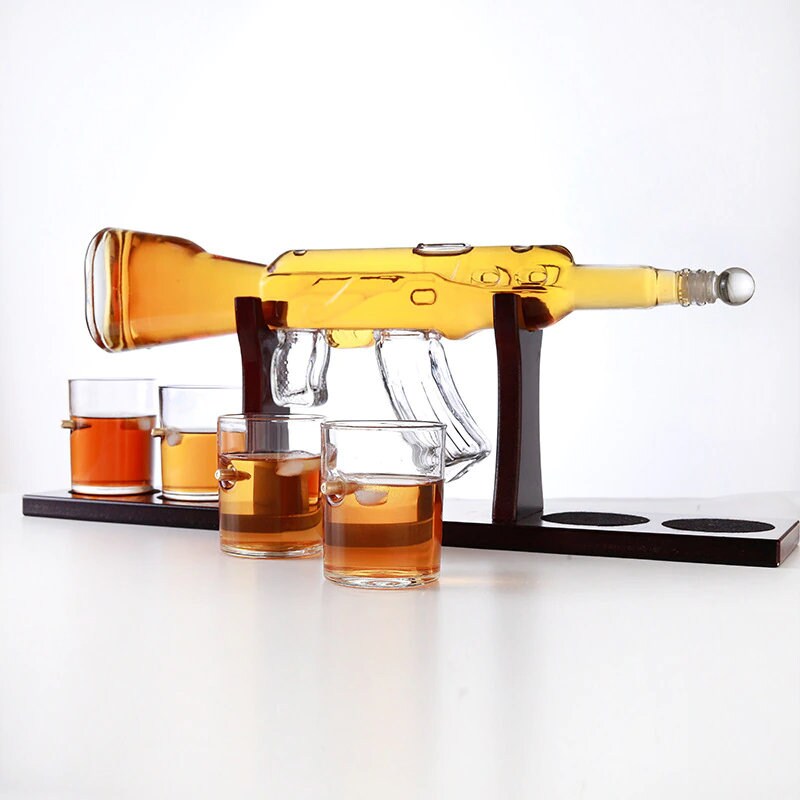 Unique Whiskey Decanter
Unique Whiskey Decanter
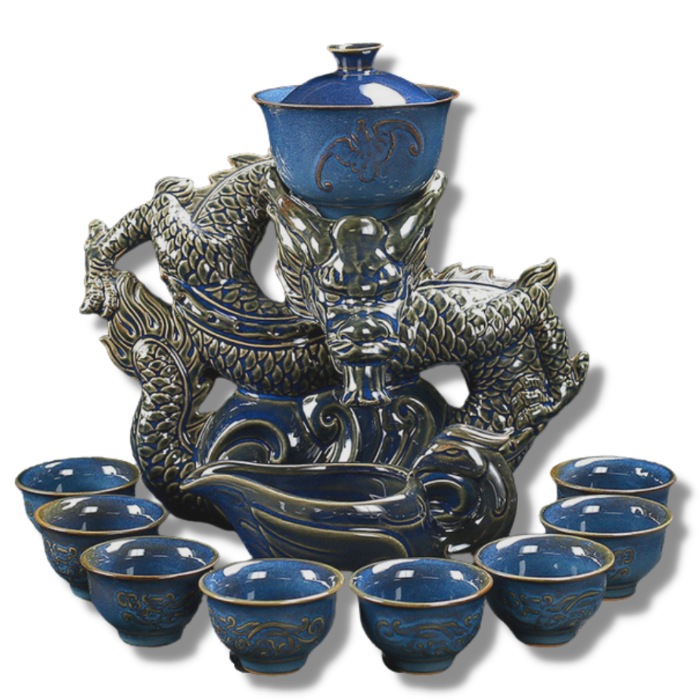 Chinese Tea Set
Chinese Tea Set
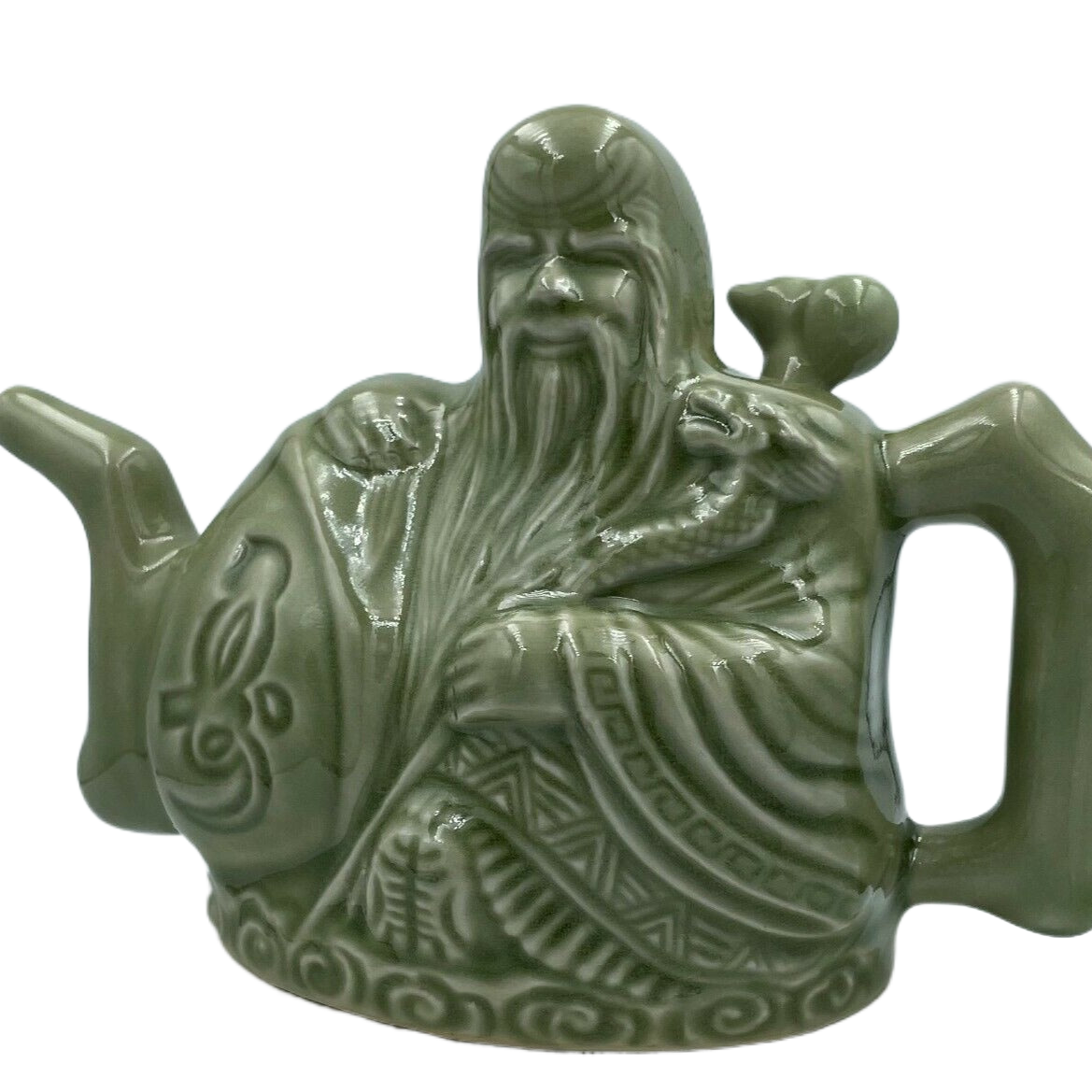 Chinese Teapots
Chinese Teapots
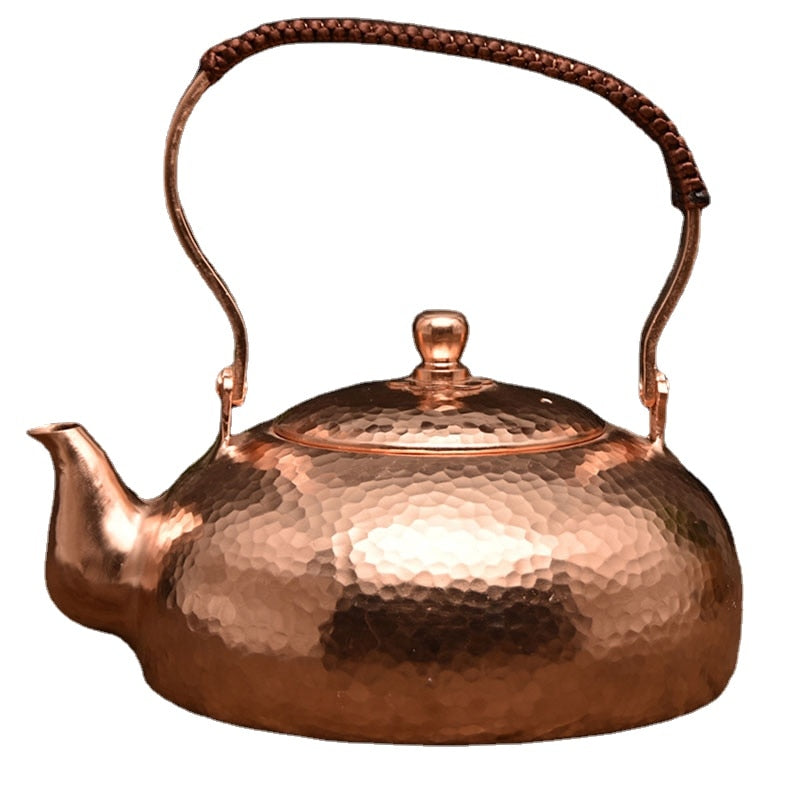 Copper tea kettle
Copper tea kettle
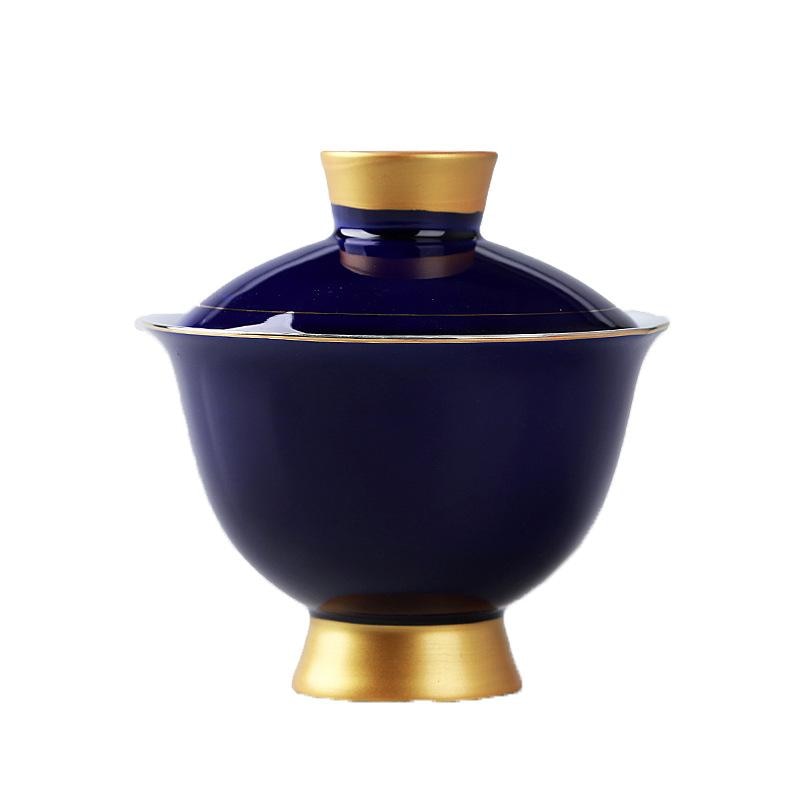 Gaiwan
Gaiwan
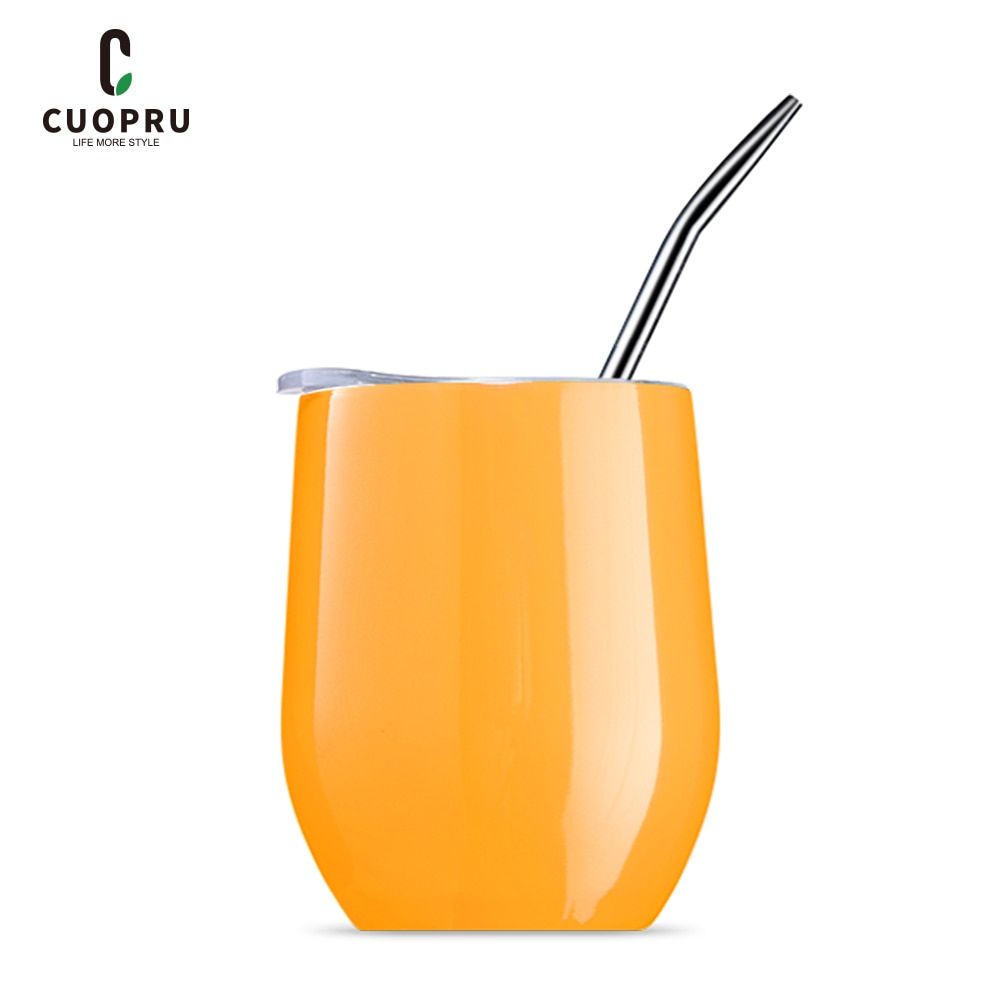 Mate Cup - Gourd
Mate Cup - Gourd
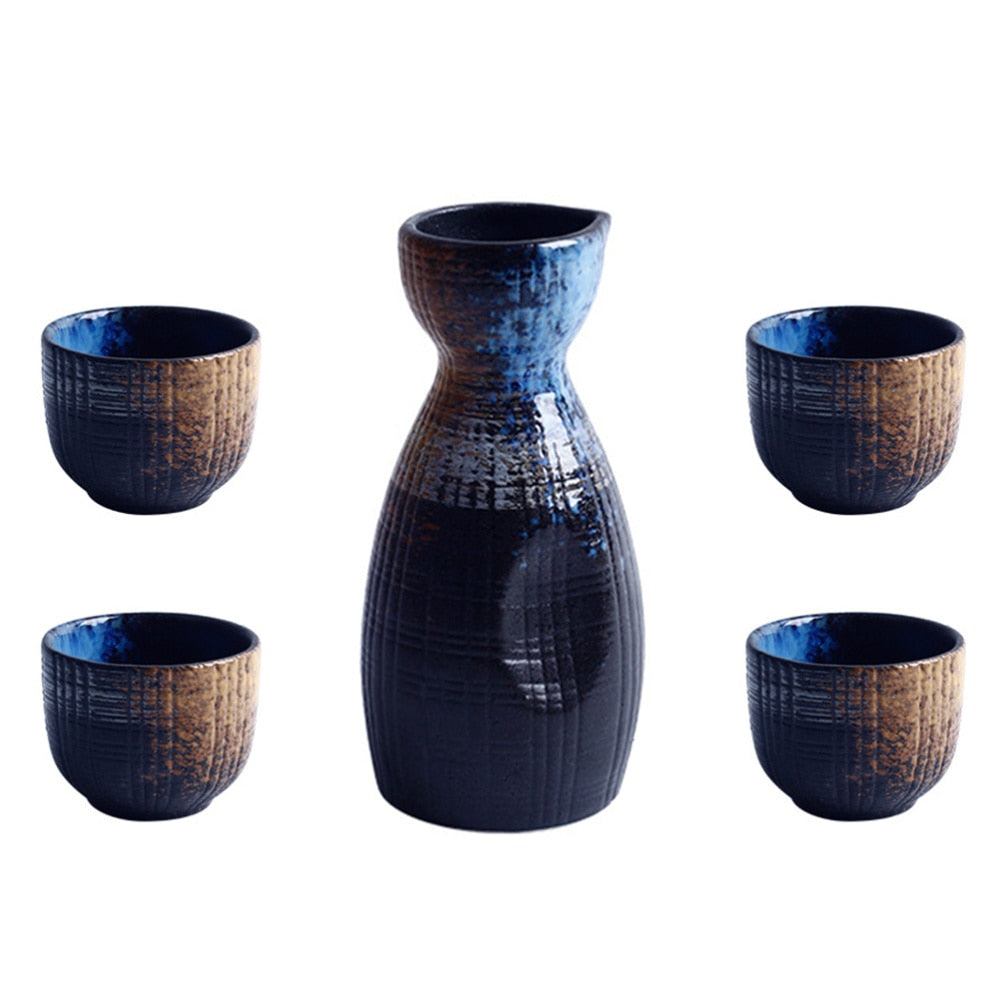 Sake Set
Sake Set
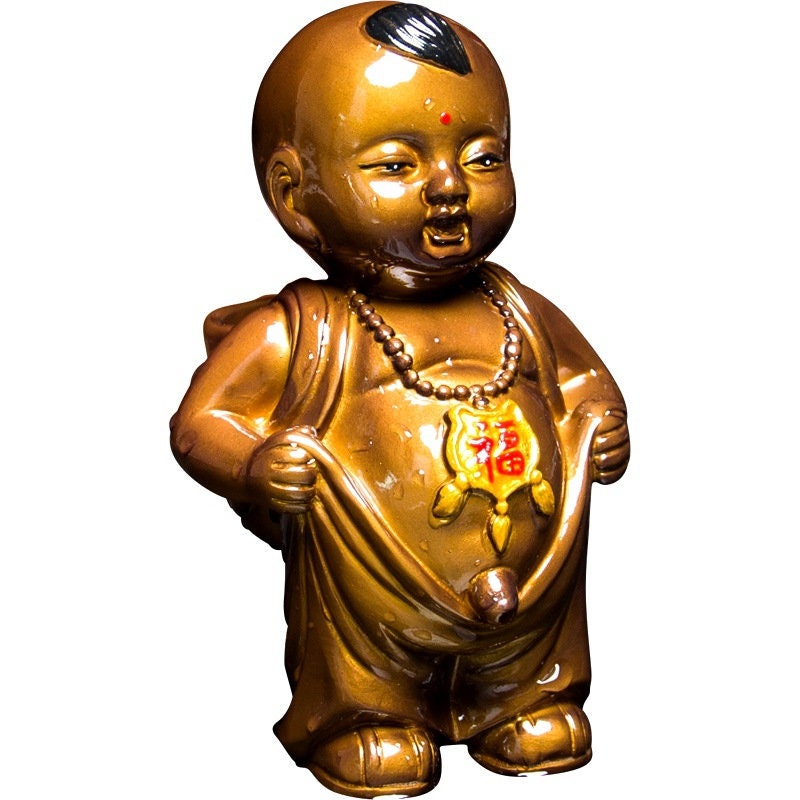 Tea Pets
Tea Pets
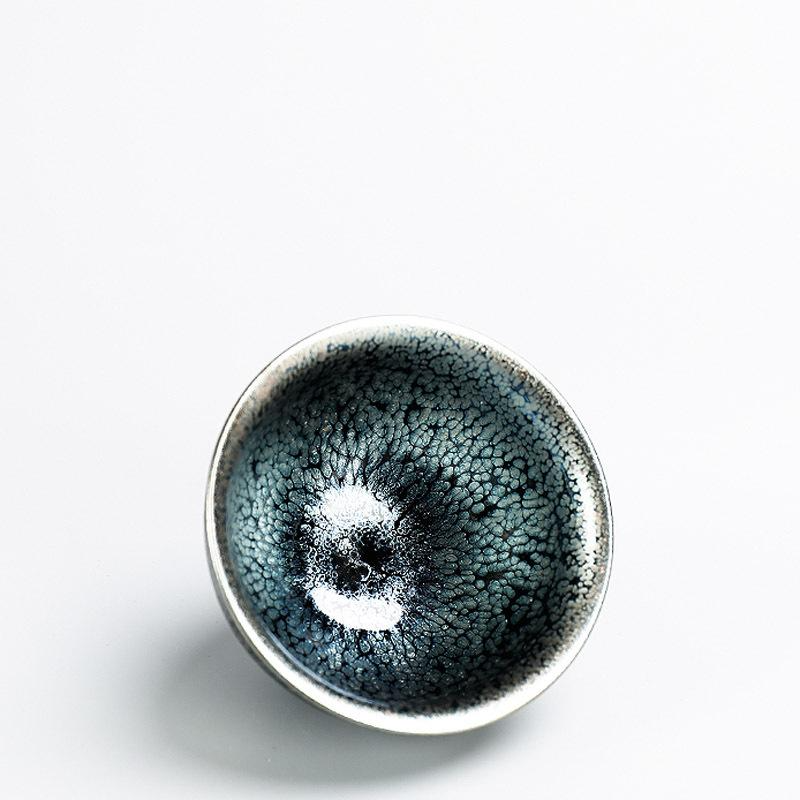 Tenmoku
Tenmoku
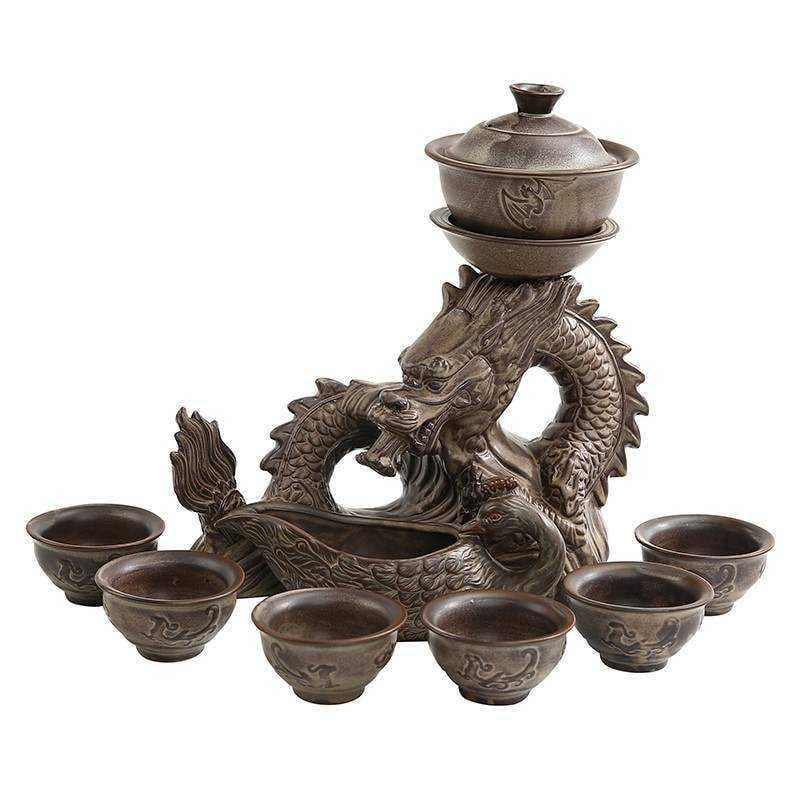 Unique Tea Sets for Adults
Unique Tea Sets for Adults
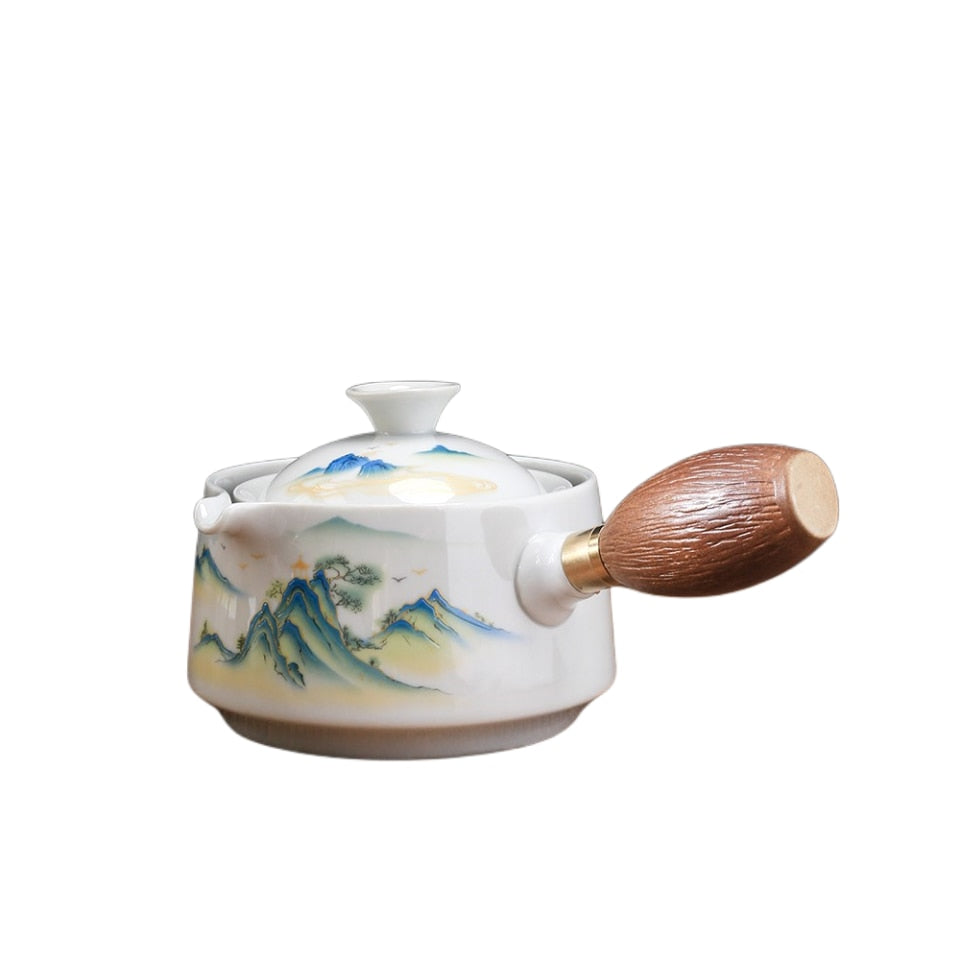 Yixing Teapot
Yixing Teapot
